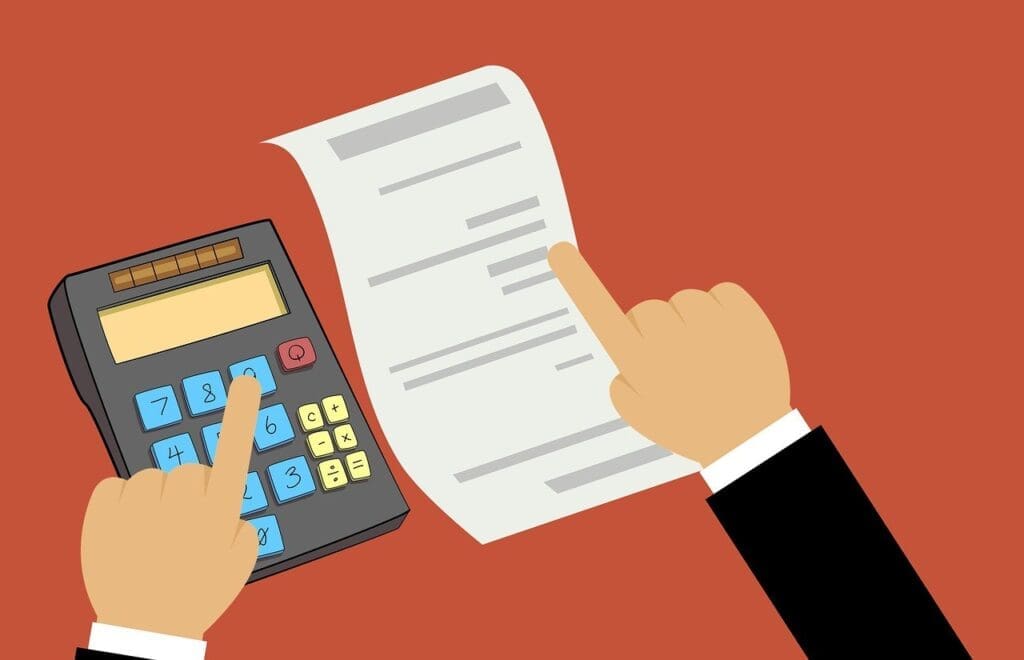Introduction
An IRS tax levy is one of the harshest collection mechanisms used by the IRS, where they can legally seize your property to satisfy a tax debt. Understanding how to navigate and prevent tax levies is crucial for maintaining your financial stability.
What is an IRS Tax Levy?
An IRS tax levy permits the legal seizure of your property to pay taxes owed. Unlike a lien, a levy actually takes the property to satisfy the tax debt. This can include taking money from your bank accounts, garnishing your wages, or seizing and selling your vehicle, real estate, and other personal property.

Understanding the Levy Process
Notice and Communication:
- The IRS will send several notices before a levy takes place, starting with a Notice and Demand for Payment.
- If you do not pay the debt, you will receive a Final Notice of Intent to Levy and a Notice of Your Right to a Hearing at least 30 days before the levy.
Types of Levies:
- Bank Levy: The IRS can take money from your bank account.
- Wage Garnishment: The IRS can take a significant portion of your paycheck directly from your employer.
- Property Seizure: The IRS can seize and sell property like cars, boats, and real estate.
Impact on Individuals:
- Levies can cause immediate financial hardship.
- Wage garnishment can take up to 70% of your paycheck, making it difficult to pay for basic living expenses.
Impact on Businesses:
- The IRS can seize business assets or claim a portion of the earnings.
- This can severely disrupt business operations and lead to further financial difficulties.
How to Prevent a Tax Levy
Pay or Respond Promptly:
- The easiest way to avoid a levy is to pay your tax debt in full or to set up a payment arrangement when you first receive a bill.
Installment Agreements:
- If you can’t pay in full, consider an installment agreement as a way to stop a levy. By setting up a payment plan, you indicate to the IRS that you intend to pay your debt.
Offer in Compromise:
- This is a program where you can settle your tax debts for less than the amount owed. It can be a viable option to prevent a levy if you meet the eligibility requirements.
Appeal the Levy:
- You have the right to appeal an IRS levy. This can be done by requesting a Collection Due Process hearing with the Office of Appeals.
Steps to Take if Your Property Is Levied
Contact the IRS Immediately:
- If your property is levied, contacting the IRS right away can sometimes halt the levy, especially if you can prove it causes economic hardship.
Arrange for Payment:
- If possible, arrange for payment to release the levy. Discuss payment plans or other arrangements that can be made to satisfy the debt.
Seek Professional Help:
- Tax professionals can provide guidance and can sometimes negotiate a better outcome with the IRS.
Understand Your Rights:
- Know your rights under the IRS tax code and use them. You are entitled to a fair process and can appeal the decisions.
Conclusion
Navigating IRS tax levies requires understanding the process and your rights. By taking proactive steps and seeking professional advice, you can protect your assets and avoid the common pitfalls associated with tax levies.

